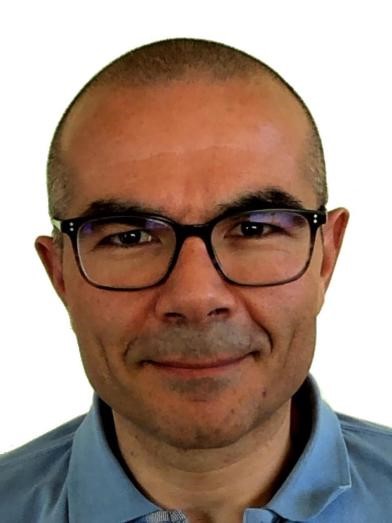Title: Materials informatics: the combined power of high-throughput ab initio calculations and machine learning
Time: 2pm, March 26, 20212021/3/26 14:00
Place: 334 Room, Gongzi Building
Tencent Meeting ID:819 283 764
Click the meeting link:https://meeting.tencent.com/s/XZRiRLPPQiA6
Reporter: Prof. Gian-Marco Rignanese
Abstract: The last decades have witnessed a considerable progress in the capabilities of ab initio simulation codes. Combining these developments with the increase in the supercomputing power, it has become possible to screen thousands of materials searching for specific simple properties. In this talk, I will first briefly present this so-called high-throughput ab initio approach and its most recent achievements. For more complex properties, this high-throughput ab initio approach is still out of reach because of the required CPU time. To overcome this limitation, artificial intelligence has recently attracted much attention. However, in order to make accurate predictions, current machine-learning approaches generally require large amounts of data, which are precisely not available for complex properties. Therefore, I will introduce the MODNet framework which relies on a feedforward neural network and the selection of physically-meaningful features. Next to being faster in terms of training time, this approach is shown to outperform current machine-learning models on small datasets. Finally, I will illustrate the combined power of high-throughput ab initio calculations and machine learning through a few recent examples.

Short bio: G.-M. Rignanese is Professor at the Ecole Polytechnique de Louvain (EPL) and Research Director at the F.R.S.-FNRS. He received his Engineering degree from the Université catholique de Louvain in 1994 and Ph.D. in Applied Sciences from the Université catholique de Louvain in 1998.During his Ph.D., he also worked as a Software Development Consultant for the PATP (Parallel Application Technology Project), collaboration between CRAY RESEARCH and Ecole Polytechnique Fédérale de Lausanne (EPFL) in the group of Prof. Roberto Car. He carried his postdoctoral research at the University of California at Berkeley in the group of Prof. Steven Louie. In 2003, he obtained a perm